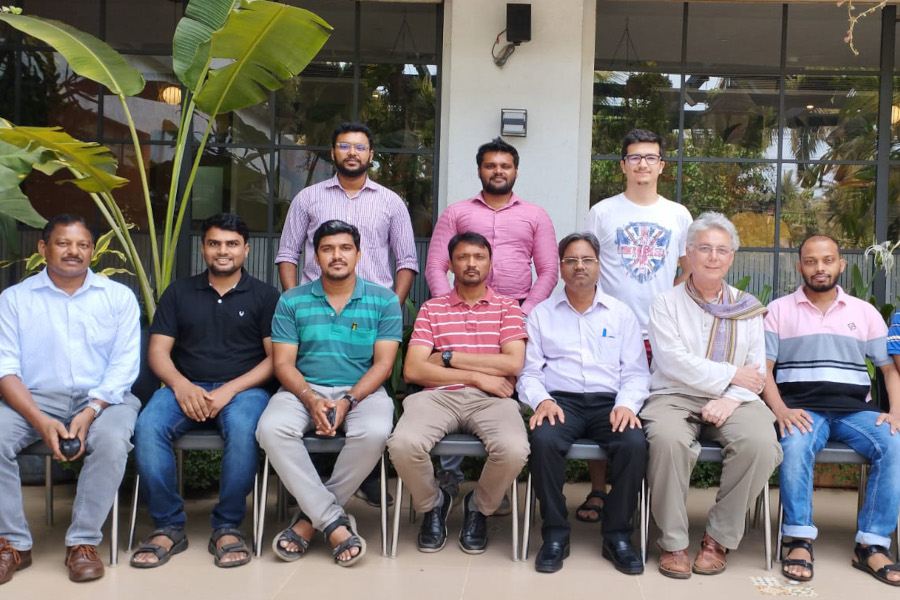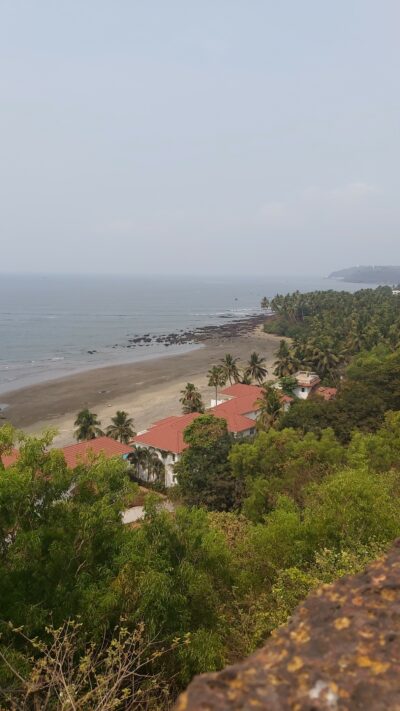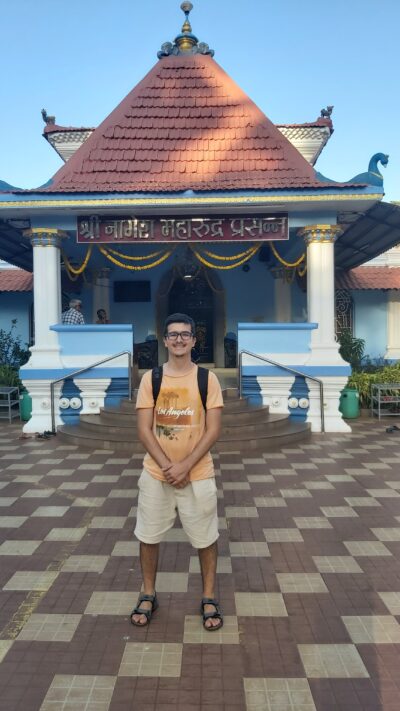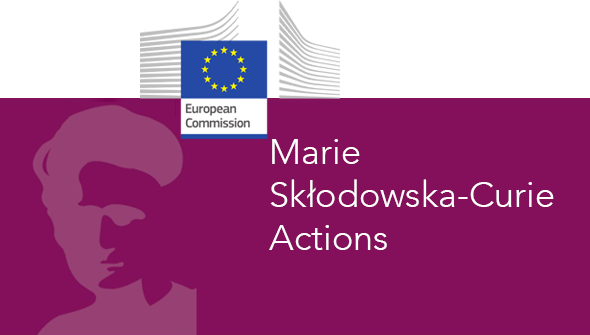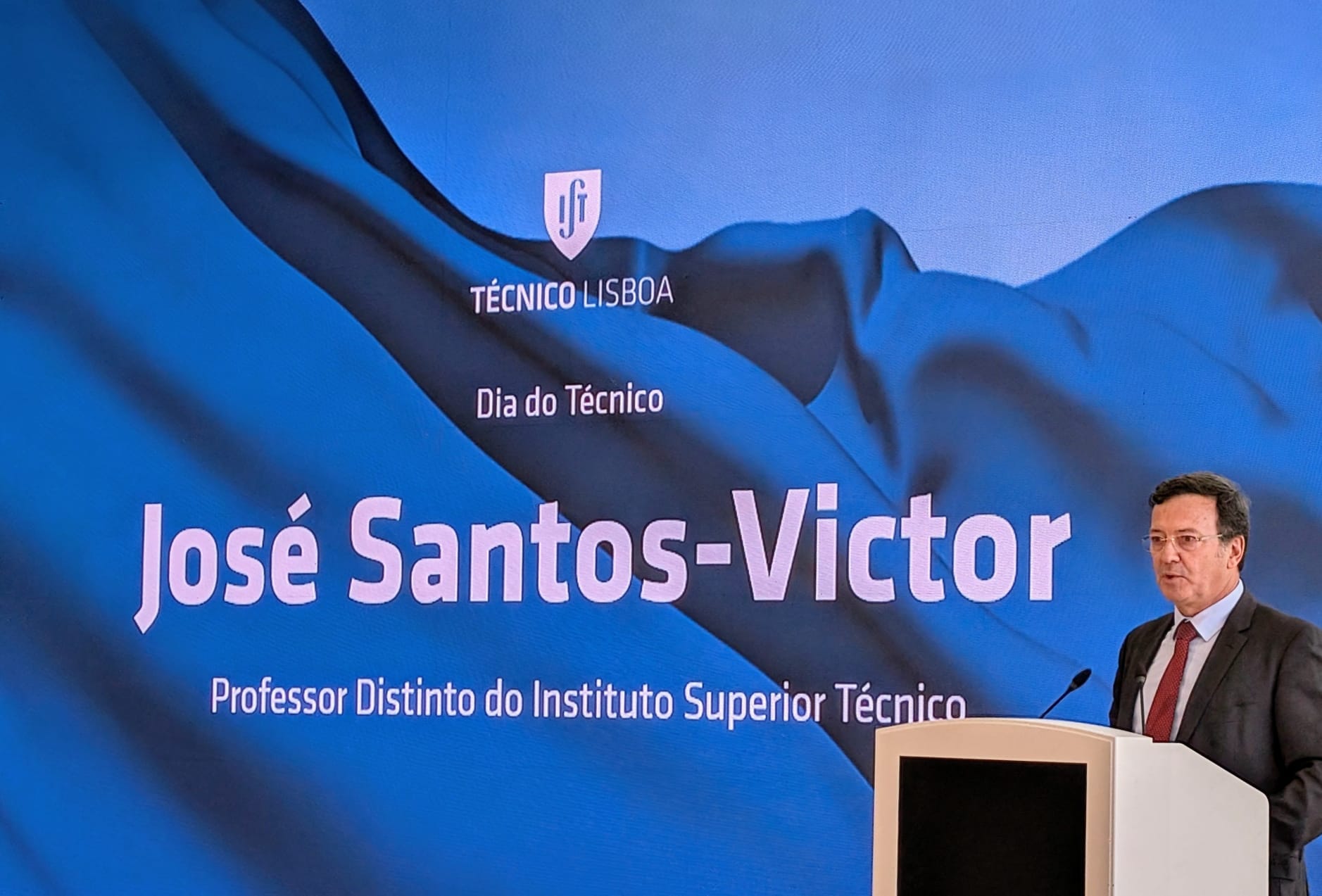
José Santos-Victor elected Técnico Distinguished Professor
Professor José Alberto Santos-Victor has been named Distinguished Professor of Instituto Superior Técnico in recognition of his exceptional contributions to the development and progress of the institution and the national and international scientific community. His work is an inspiration to the Técnico community, spanning all areas of academic activity: research, teaching, knowledge dissemination and valorisation, scientific leadership, and institutional service—always upholding the highest standards.
